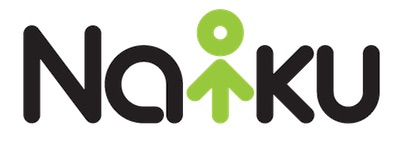 Welcome to this week’s edition of Naiku Coach’s corner. Today let’s discuss end-of-year teacher self-evaluation. Unlike most professions, teachers get to start with a clean slate from year to year. Reflecting on the previous school year can be a great way to find out what worked, and what didn’t work. These year-to-year reflections can help fine tune your practice for years to come. This week, I offer 3 ways to help teachers effectively evaluate their teaching.
Welcome to this week’s edition of Naiku Coach’s corner. Today let’s discuss end-of-year teacher self-evaluation. Unlike most professions, teachers get to start with a clean slate from year to year. Reflecting on the previous school year can be a great way to find out what worked, and what didn’t work. These year-to-year reflections can help fine tune your practice for years to come. This week, I offer 3 ways to help teachers effectively evaluate their teaching.
Students’ feedback on teaching: Students’ view of their learning experience in class is often the most straight forward way to assess the effectiveness of your teaching. What students perceive and experience in class directly determines how effectively they learn. Ask your students what worked for them this year. Were there any units or activities that really stood out to them? Was there anything they would not do over given the choice?
Self-Monitoring: All teachers should monitor themselves while teaching. After each teaching lesson, teachers should ask themselves whether they have met their determined goals and objectives, and evaluate the good and the to-be-improved aspects of the lesson or unit. It’s good practice for teachers to keep a log or portfolio to track their own progress and improvement from year to year.
Feedback from observations: In most school districts, teachers are observed throughout the year by teacher leads and sometimes even administrative staff. If observations are not part of your district’s plans, I encourage teachers to invite colleagues to sit in and observe their teaching methods. Observations by peers and colleagues allow teachers to become aware of many things that they are too busy to notice while conducting their teaching.
Successful teachers continuously evaluate the effectiveness of their teaching style. For professional educators, the goal is always the same: monitor and adjust instruction to increase the learning of all students. Consider using these methods to fine tune your teaching practices and give students the best chance to succeed in years to come.
I hope you found the information useful and find ways to incorporate these strategies to help fine tune your teaching practices in the years to come.
If you have suggestions for future topics that you would like to see me discuss, please send me a note at sethw@naiku.net.

